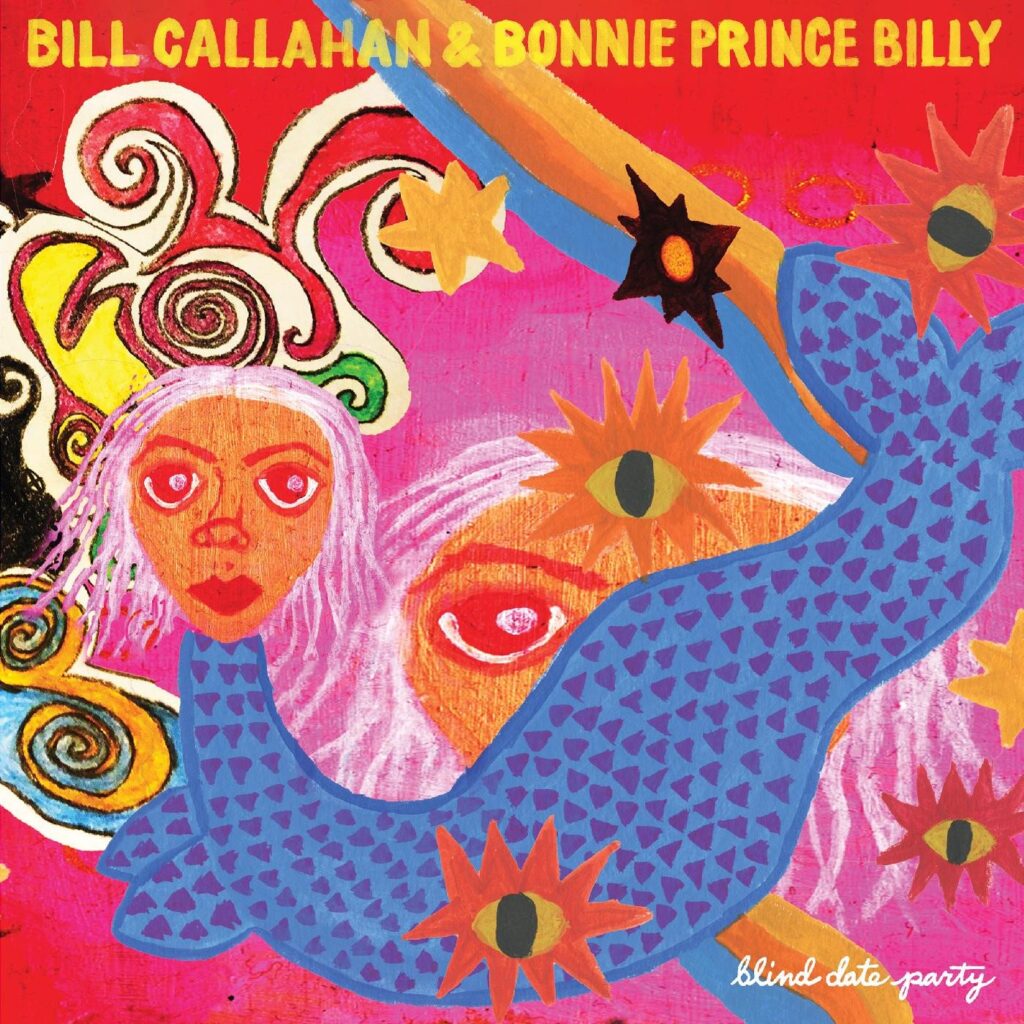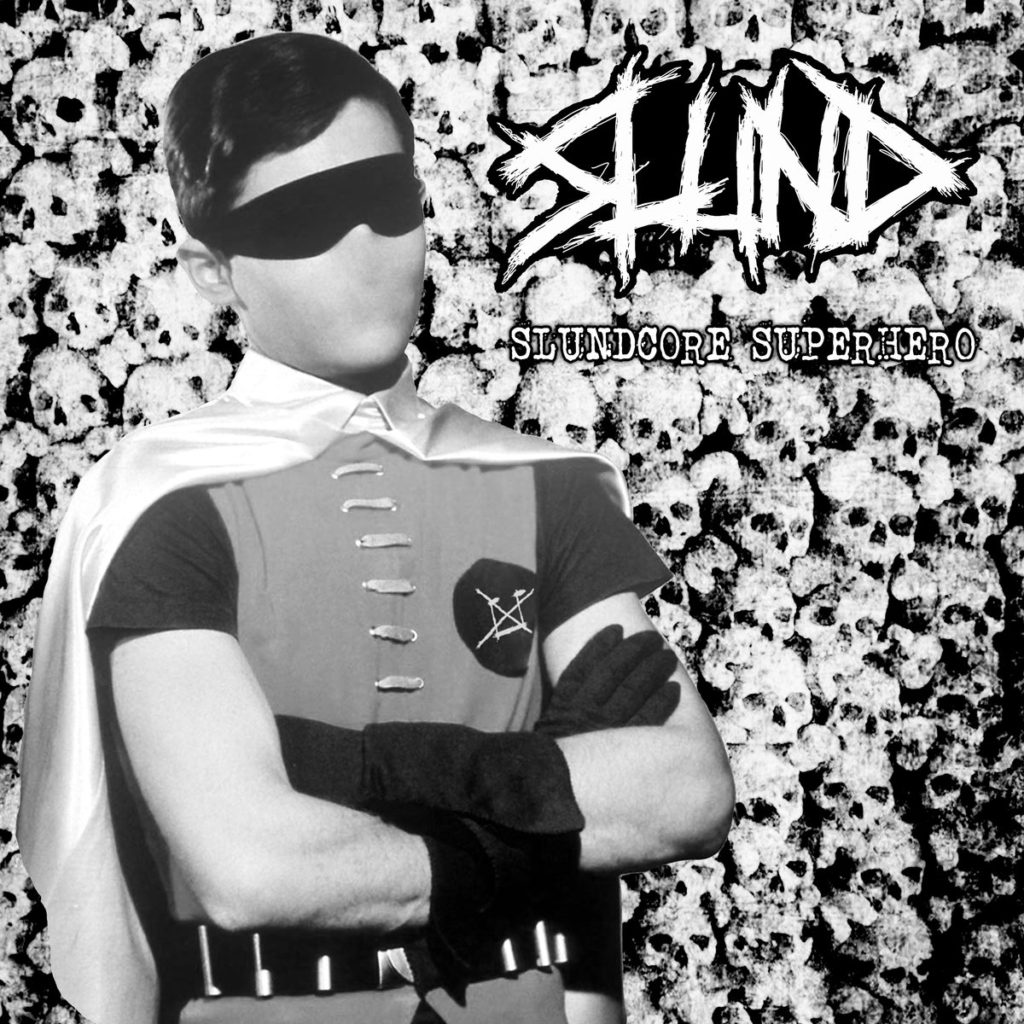Only 18 months after the release of Comedy Horn, its often-stunning debut, Zykos has not only managed to pull together another breathtaking full-length collection of emotive, densely layered post-rock gems. The Texas quintet has also managed to pull together a collection that contains some of its finest work to date and makes much of its first record sound like more of a prelude or a primer than a pronouncement.
The group’s sophomore effort isn’t about rash experimentation or a hunger for new sonic terrain. Zykos seems to know what it does best, and many of the 12 tracks on the band’s self-titled Post Parlo release feel like extensions of the finest moments on Comedy Horn, ways of building on existing foundations. Rather than reject this or write off the concept as a kind of revisionism, the band seems more than willing to embrace it. More than a few details point to the group’s own awareness that the members are dealing with a work that could be labeled definitive, from the self-titled nature of the affair to the inclusion, without much variation, of a new, energetic take on “Understanding Fire,” a Comedy Horn staple.
Zykos also doesn’t waste much time in making the case that the new record is every bit as good as Comedy Horn and then some. In the first third of the disc, we get the sputtering Bedhead-at-close-to-78RPM verses of the album-opening “Mrs.,” the somber, ambient electronic textures of “Handstand,” and the lounge act bass scales and yowled refrains of “Calliope.”
But, in those early moments, we also get what is without question the disc’s finest track, a four-minute diamond-in-the-rough dubbed “Above the Map.” The song has all of the details that make Zykos one of the more promising, guitar-driven young indie-rock bands out there: the careful interplay of multiple guitar and bass lines, Michael Booher’s unique but emotive voice, the subtly inventive and often understated percussion, and the sonic foundations and flourishes of keyboardist Catherine Davis. During two breakdowns in the song that will leave you hungry for more, the guitars fall almost entirely out of view and the listener is left only with Davis and Booher, the former providing a speaker-trembling mumble and roar of church organs as the latter sings simple but oddly effecting lyrics like “You stayed here and I went home / You said please and I said no / Stuck out in that river alone,” his voice pushing out syllables in a desperate growl as if his life depended on spitting out each word. The result can be downright riveting.
Strong tracks and stand-out moments run throughout the record, whether it’s the pulsing give-and-take between piano and bass or the choppy invitations of guitars on the incredible “Already Came Back” or the innocent but tragic melancholy of the closing ballad “Save Up,” complete with toy piano ruminations and keyboard washes, reverbed lead vocals, and even distant, slightly buried horns.
Elsewhere, the band builds on its pronounced sense of chemistry by tossing other interesting details and asides into the mix, whether it’s a series of hand claps in a poppy chorus (“Calliope”), casual but precisely multi-tracked “ba-da-dum” refrains (“Dark Tan”), some digital delay (“Understanding Fire”), or inverted and looped recordings of guitars (the one-minute interlude “Island of Bones”).
Time spent in the studio also makes the tracks on Zykos feel more developed than a handful of offerings on its predecessor. While the vitality and energy of the band’s performance on Comedy Horn made up for some occasionally muddy recording/mixing, on Zykos the engineering clearly keeps pace with the songwriting, and this is most evident on tracks where the band has packed the landscape with dense layers of sound.
Take for example “Trick Candles,” where Booher and guitarist Jarod Harmeier toy with stereo separation before Davis, bassist Michael Roeder, and drummer Jerod Cykoski step to the forefront. The separation returns and still works in the plaintive chorus, where a 1-2/1-2 punch of bass and drums develop apart from a soft guitar line played out solely in the right speaker. (In the closing refrains, the separation ends and the whole band hits out the last notes in a frontal attack whose impact is heightened by this attention to recording.)
The separation returns in the jazzy pitter-patter of percussion on the anthemic “Understanding Fire,” where the tap of a snare or kick drum seems to be coming from an entirely different room than the tinny hi-hat. It’s a studio trick and nothing more, maybe, but it’s one of many illustrations on the record that Zykos is getting increasingly comfortable within its skin and increasingly good at showing listeners what it does so well. And if the trend keeps going, it only gets better from here. Delusions of Adequacy, Feb. 18, 2005




